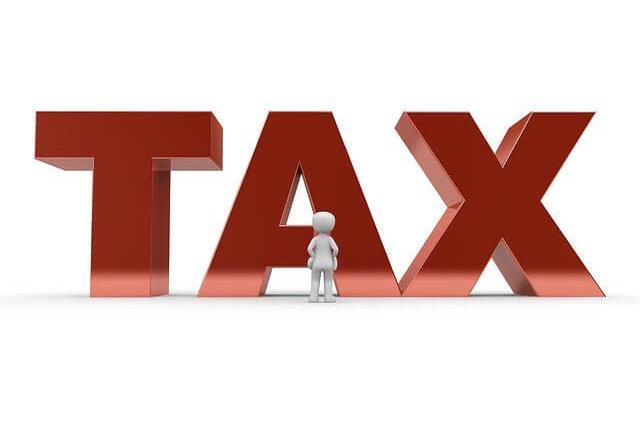Charlotte not alone in facing huge tax rate increases
Charlotte’s proposed homestead tax rate for the next fiscal year is 20 percent higher than the current rate, and that number’s no outlier.
Shelburne’s proposed homestead tax rate is up 18 percent, Hinesburg faces an increase of 21 percent and Vergennes proposes an increase of nearly 48 percent, according to data provided by Heather Roberts, the town clerk and treasurer for Hinesburg. Though tax rates are moving targets until budgets are voted on and final calculations are completed, the proposed numbers signal large increases for Vermont residents.
Lewis Mudge, a member of the Charlotte Selectboard, said he thinks the rise in the tax rate will come as a real shock to Charlotte residents.

“Many Charlotters are going to think it’s an unsustainable tax rate, and I sympathize with them,” he said. “I think this is a broader reflection of how Montpelier needs to sort out some of these education costs and how we bear the burden.”
Mudge said the board can only control the municipal tax rate, which typically makes up about 12-14 percent of the tax rate.
“I think we’ve done a great job this year,” he said. “We have kept this rate hovering at around 4 percent. Considering the challenges we’ve had, especially in light of the fact that we’ve had to outfit a new town garage, I think we’ve done a really responsible job vis a vis the taxpayer.”
Charlotte Town Clerk and Treasurer Mary Mead declined to speak over the phone to The Charlotte News about the tax rate.
Charlotte Selectboard Chair Jim Faulkner did not respond to emails and phone messages left by The Charlotte News. Board member Frank Tenney didn’t return phone calls.
The projected property tax increase is due largely to an estimated 12-percent increase in school spending, according to a letter from Vermont Department of Taxes Commissioner Craig Bolio to legislative leadership. The letter attributed that jump in school spending to four factors: the end of federal emergency relief funds for elementary and secondary schools, a 16-percent increase in health care benefits for school employees, inflation and debt from new capital projects and renovations.
These factors, paired with Act 127, a law passed in 2022, has turned the situation into a “perfect storm,” Rep. Chea Waters Evans, D-Charlotte, said.
Act 127, passed in 2022, aimed to alleviate education inequities for students who require more resources by adjusting the funding formula, according to the law. In order for the tax burden to not fall solely on the public, the law placed a 5-percent cap on homestead tax rates. If school districts exceeded that property tax cap, the law says the state education fund would make up the difference. But Waters Evans said most schools exceeded that mark, which made the cap seem useless.
H.850, a new bill passed unanimously by the House Committee on Ways and Means Feb. 9, seeks to lower the burden of unprecedented predicted hikes in property tax rates for the 2025 fiscal year.
The bill also would allow school districts to revise their budgets and would push back their budget voting deadline to April 15.
“The general sentiment around the Statehouse in Montpelier is that we understand that something needs to be done to improve the situation,” Waters Evans said. “Now we’re just trying to come up with a solution as quickly as possible that will maintain a good quality education for students but also not put such a huge burden on people.”
(Noah Diedrich reported this story on assignment from The Charlotte News. The Community News Service is a program in which University of Vermont students work with professional editors to provide content for local news outlets at no cost.)
